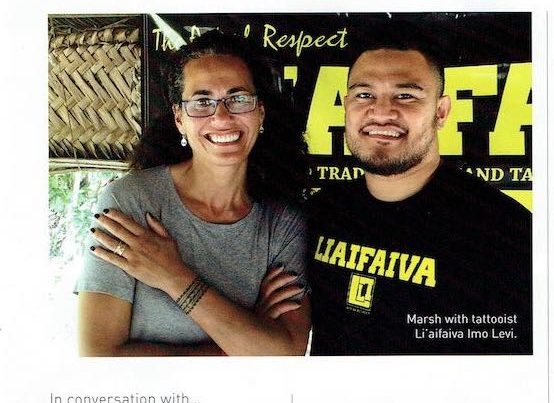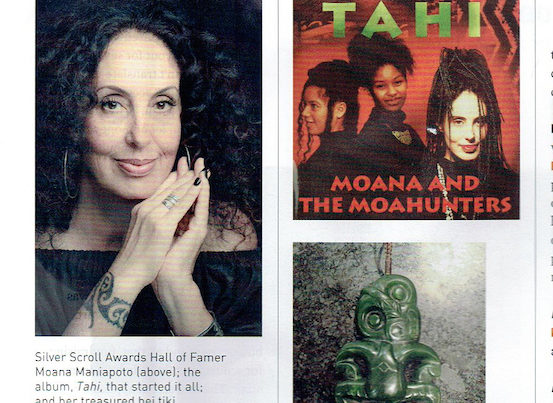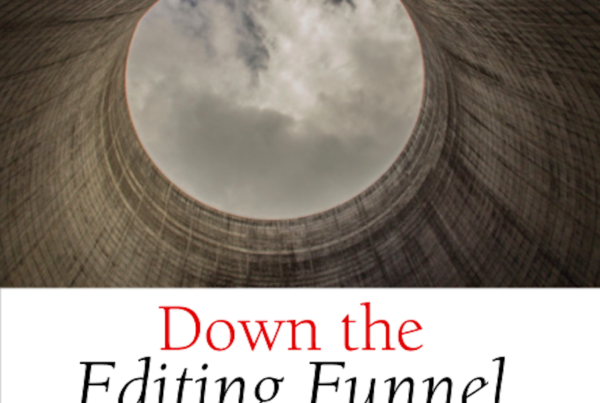
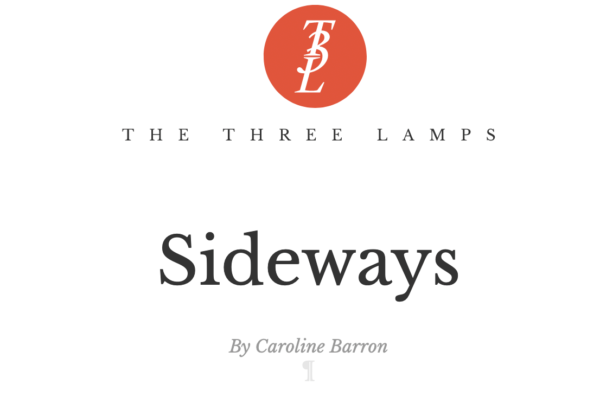
December 22, 2019
The Three Lamps Journal: Sideways by Caroline Barron
…
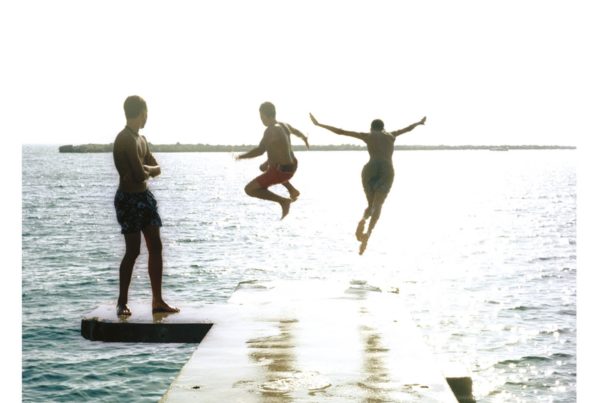
January 14, 2019
Book Review: ‘The End’ by Karl Ove Knausgaard
…
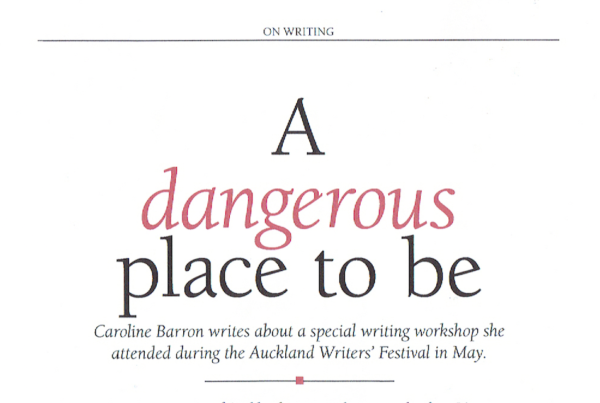
December 4, 2018
Advice from Karl Ove Knausgaard
…
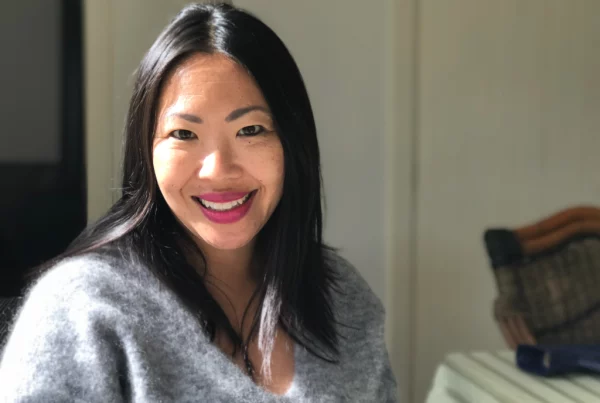
September 7, 2017
Flash Fiction: A Machete, a Plastic Bag and Mum’s Gumboots
…
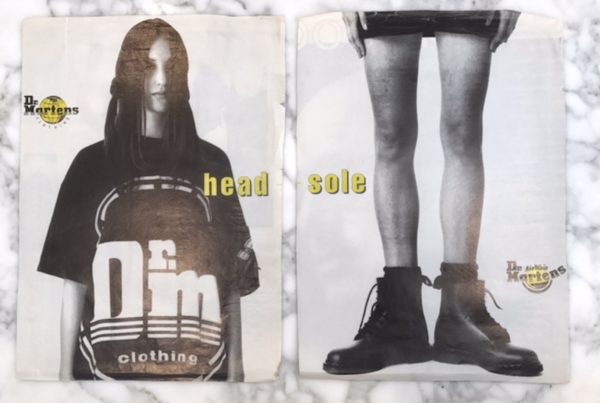
June 1, 2017
Writers Group: Show Us Your Angsty Teenage Poetry
…
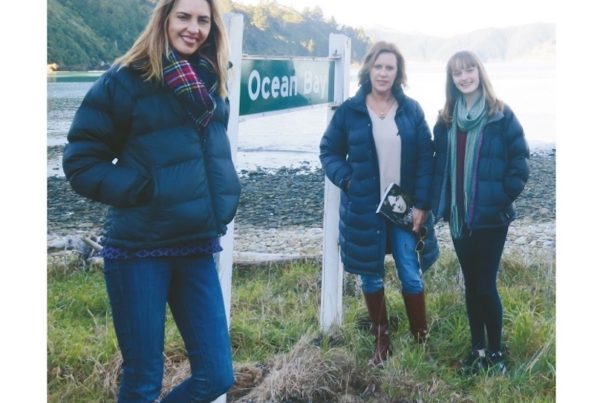
May 25, 2017
Ocean Bay: A literary take on travel writing
…
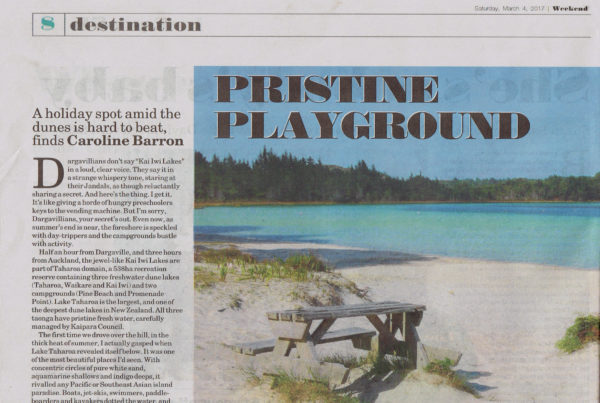
March 6, 2017
NZ Herald Weekend Magazine: 4 March 2017: Kai Iwi Lakes
…
